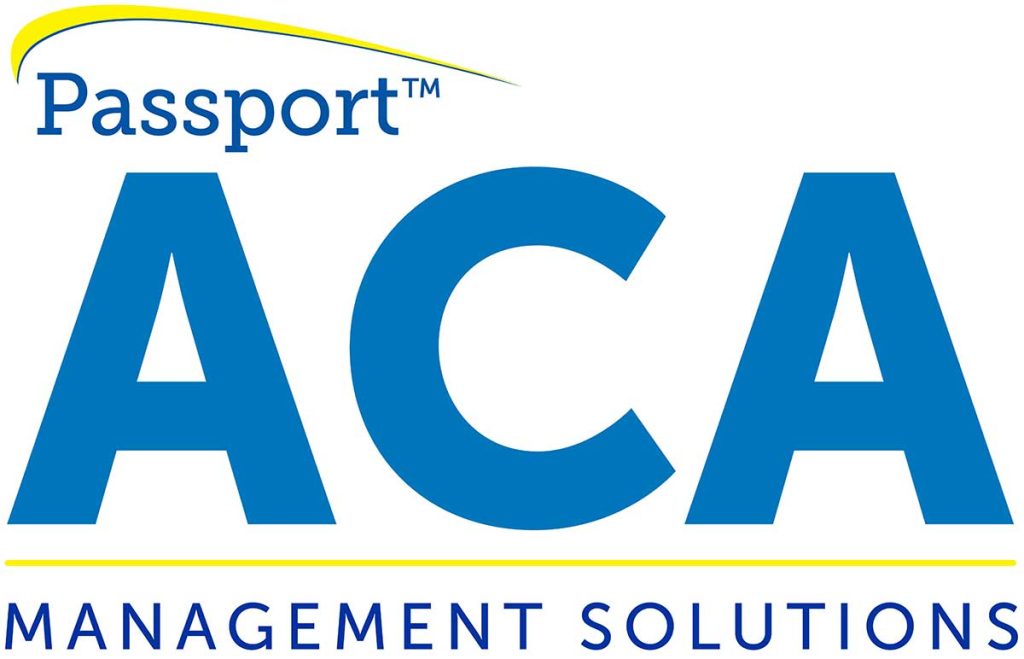ACA Compliance for Restaurants and Food Service Operations
Compliance Challenges for Food Service ALEs
Hello again,
This post is for restaurants and food service operations who are Applicable Large Employers (ALEs) required to comply with the Affordable Care Act. We hope you find it useful.
ACA filing requires ALEs to annually report information about qualifying health care coverage offered to full-time employees (or full-time equivalents).
For many companies, ACA compliance management has proven to be burdensome and time consuming.
Restaurant and food service operation owners may have specific compliance and reporting challenges.
These challenges may include tracking fluctuating employee hours, tracking hours for employees with multiple job functions, and collecting and managing employee data from multiple locations.
Due to the potential complexities of collecting and managing data, food service operations may have more room for error than other ALEs with simpler data management.
If you are tracking manually, comprehensive ACA software can help aggregate your employee data and simplify the process of reporting and compliance.
Compliance Tips
Many people consider 40 hours to be a full-time work week, but under the ACA, an average of 30+ hours a week (or 130+ hours a month) is considered full-time.
Be sure to track fluctuating employee hours, including hours worked in different roles, so your employee statuses are accurate.
Make sure to offer appropriate coverage to qualifying employees (and dependents) within the designated time limit based on the method you are using, and ensure that the coverage falls under the guidelines of affordability.
Our comprehensive ACA software solution or ACA Full Service option are easy ways to streamline and manage compliance data throughout the year.
ALE Definition
From the IRS: If an employer has at least 50 full-time employees, including full-time equivalent employees, on average during the prior year, the employer is an ALE for the current calendar year. However, an employee will not be counted toward the 50-employee threshold for a month in which the employee has medical care through the military, including Tricare or Veterans’ coverage.
Applicable Large Employers are subject to the Employer Shared Responsibility Provisions, which requires annual ACA reporting to the IRS about information regarding health care coverage offered to qualifying employees. Non-compliance can result in steep penalties.
FTE Definition
The IRS definition of Full-time Employee (FTE): For purposes of the employer shared responsibility provisions, a full-time employee is, for a calendar month, an employee employed on average at least 30 hours of service per week, or 130 hours of service per month.
There are two methods for determining full-time employee status:
- The monthly measurement method
- The look-back measurement method
A full-time equivalent employee, according to the IRS: A full-time equivalent employee is a combination of employees, each of whom individually is not a full-time employee, but who, in combination, are equivalent to a full-time employee. An employer determines its number of full-time-equivalent employees for a month in the two steps that follow:
Combine the number of hours of service of all non-full-time employees for the month but do not include more than 120 hours of service per employee, and
Divide the total by 120.
Passport Software
Food service operations that qualify as ALEs must report annually if they were ACA compliant/non-compliant for the applicable tax year.
Employee statuses and applicable offers of coverage must be monitored year-round to help ensure compliance.
If your company is a restaurant or food service operation our ACA Software or ACA Full Service option can help streamline ACA compliance management.
Our Food Service Payroll and ACA Software simplifies and streamlines payroll processing for restaurants and food service operations, as well as the Hospitality Industry in general.
You can reduce your operating budget by saving money on an outside payroll service, as well as streamline ACA compliance.
To learn more call 800-969-7900. Or, contact us – we are here to help.

